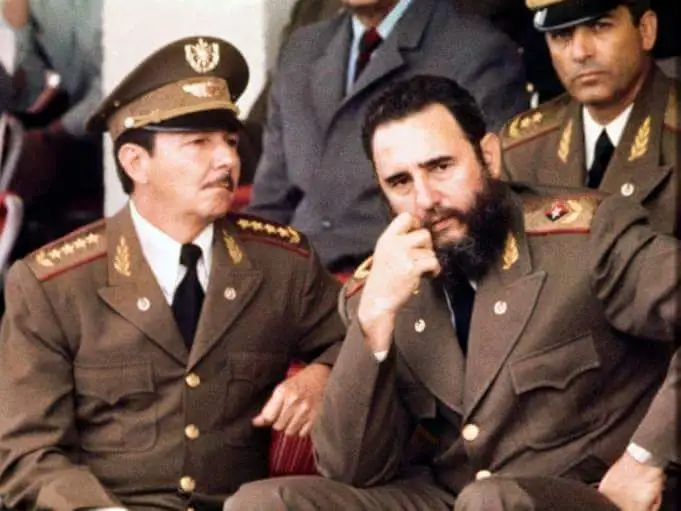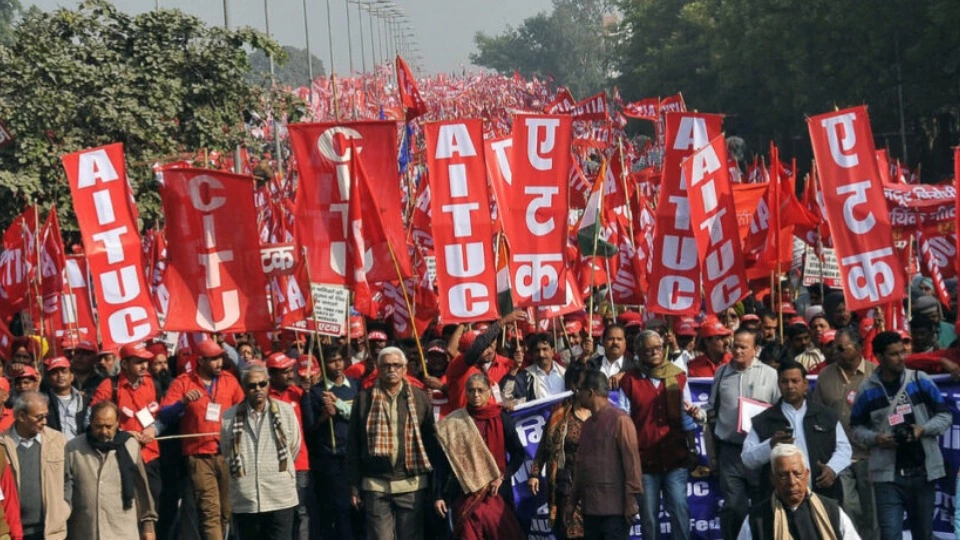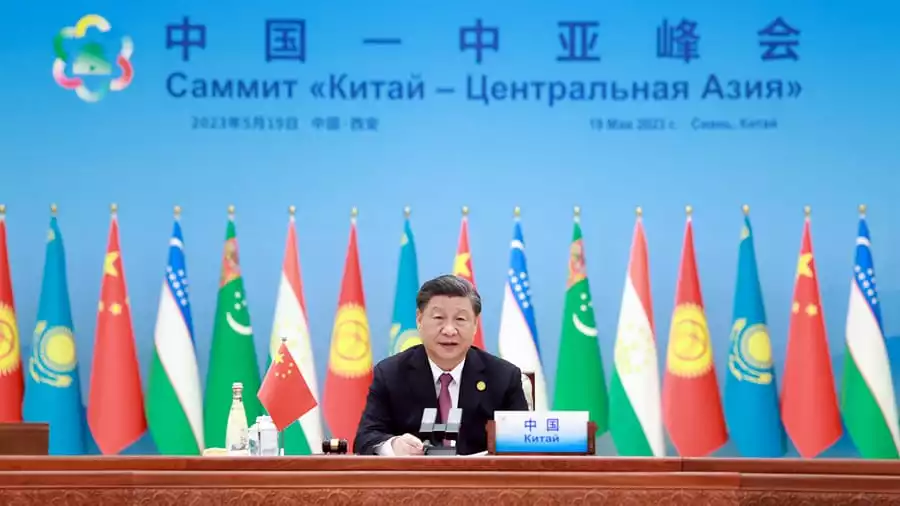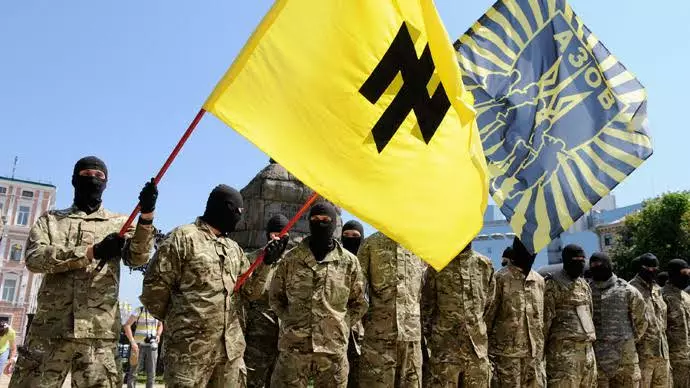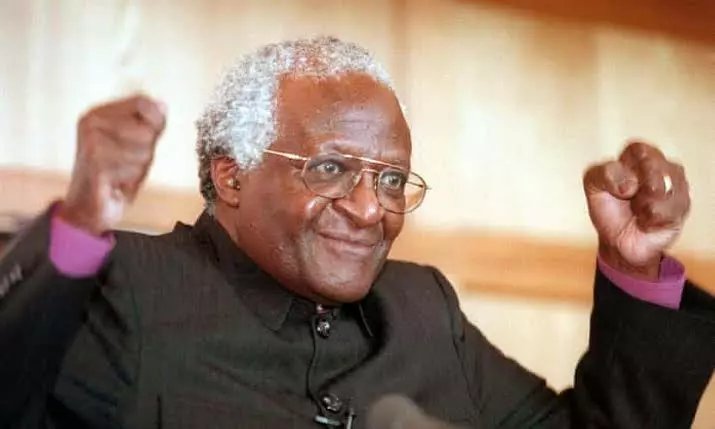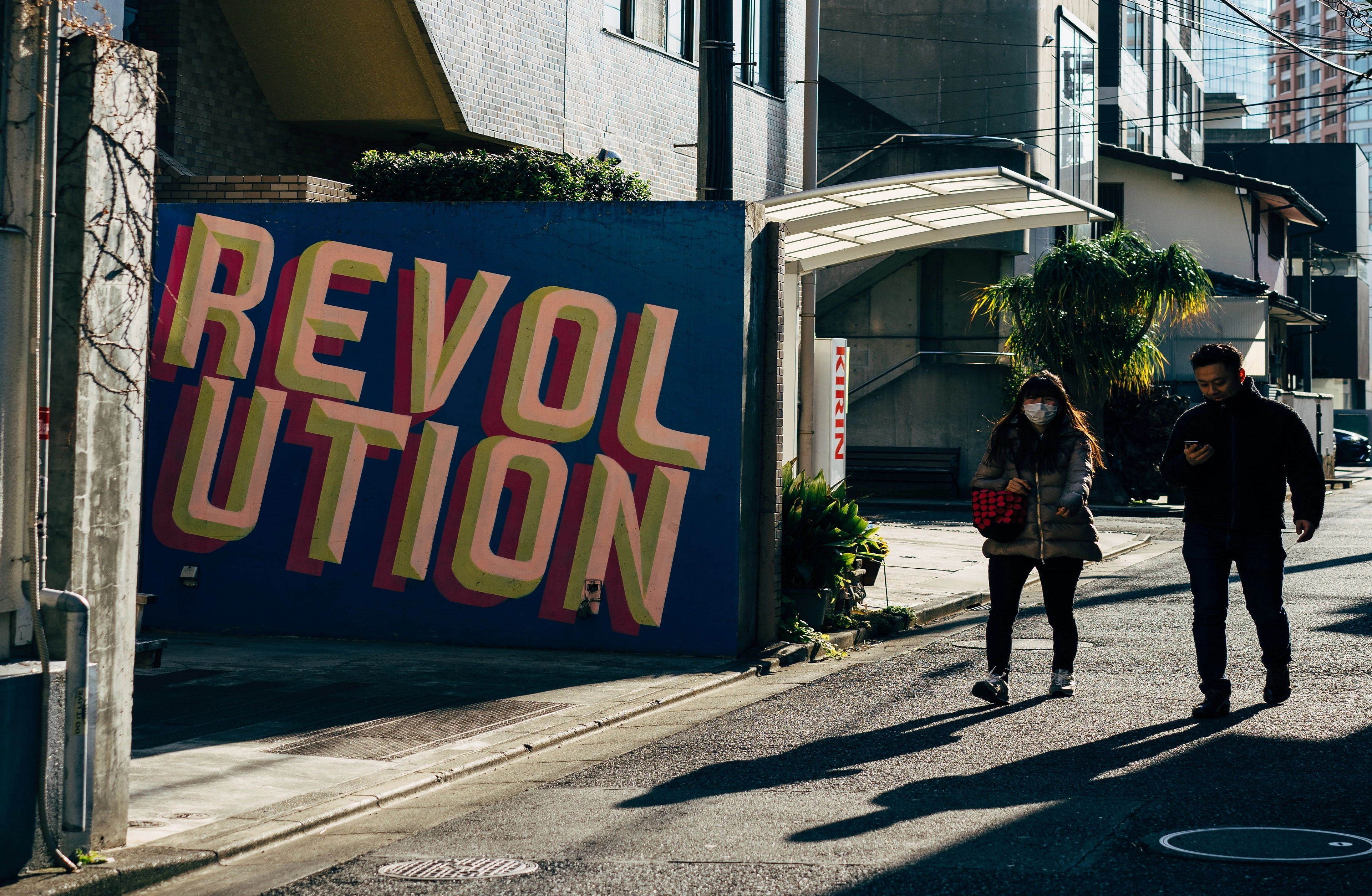Cuba! Whenever someone speaks that name nowadays, it feels like a certain warmth on a winter day. Since Soviet has fallen the only thing that remains as a beacon of hope in Cuba. A small country near Florida, that has been stuck in time due to a long and arduous embargo by the United States. Going to Cuba may seem like stepping through a time portal. The businesses dwindle, the internet is scarce- yet it survives. It might not thrive, but the mere existence of the country is a threat for the big bad wolf, the United States of America.
While in New York, I had a chance to attend the “Left Forum” for three years and there I had a chance to see Cuba’s ambassador to the United Nations. We talked with the ambassadors and learnt about Cuba’s current policies. Such as a move towards a cooperative economy.
In the left circles of New York, we talked a lot about co-ops, especially about the ones in New York and the “cooperation Jackson” in Mississippi. Worker coops are a great way to organise businesses as we have seen in recent times, they are more community-oriented and egalitarian. They invest a larger percentage of the profits back in the community and by doing so they create a sustainable economy in their vicinity. It was very refreshing to see Cuba is taking initiatives towards these objectives.
The perception of Cuba varies widely across the United States. Some believe it to be the “evil communist country” while there are others, especially in large cities who revere and adore the small country. When Fidel Castro came to New York and gave a speech in an uptown church, the queues were huge, and the church was more than full. It’s really hard to pinpoint an American position on Cuba.
For us, the third world immigrants, Cuba was a source of hope and strength. It survived the embargo, survived the energy crisis… unfortunately though, it didn’t have the means to support a hoard of foreign students. Even though I would have liked to study in Cuba and experience the Cuban experience, I had no option.
Instead, I arrived at the great melting pot of New York. New York revered all the left-leaning ideas. In New York, Cuba was well respected. The fighting spirit of New York drew strength from Cuba as well.
There might be tons of discussions on anything. In a fragmented neoliberal world, we all are striving for uniqueness, we all are trying to prove to rs that we are not like the others, and we are moving around these paradoxical ideas of individualism and as a result, even the left has been fragmented. Instead of following a logical and scientific discourse, many of us fall for the religious tropes. We look for heroes to worship, demons to blame. We often forget the truth of class, we often overlook the zeal of the human spirit, the fighting spirit of us, humans.
And, it is that very spirit that has sustained Cuba. Beyond all criticisms, beyond all arguments, that is what Cuba holds for me, at a personal level.
The Cuban Artist, Ernesto Oroza, talks about this spirit in his work. He calls it technological disobedience. What exactly is that anyway?
In 1991, after the fall of the Soviet Union, Cuba entered a state of deep economic crisis. The energy was scarce and so was everyday items. Fidel called upon his countrymen to fight this situation and there it was. People started innovating. Everything, be it food, be it children’s toys, be it food, be it clothing were replaced with substitutes. For example, a television antenna may be constructed out of two kitchen plates and a few soda cans. The government realised the crisis was going to be deep and hence they published “the book for the family”. The book contained ideas for innovation. Fidel called this time “the special period in time of peace”. The book did help though… considering all the ideas in that book came from the people. If your washing machine stopped working you would salvage the motor and make a table fan using that. That is a game-changer in a sense. In our material world, things have meanings assigned to them. Turning the washing machine into a fan surpasses that self-imposed limit. The machine transcended from one meaning to another. Crossing this limit is “technological disobedience”.
Is it dangerous? Of course! But it did provide survival in a country under economic sanctions. Things were never wasted but they were repurposed. Like a motorized bicycle or rikimobil. Many things could have been used, maybe a motor from a military tank may be a motor from a water pump… It was crude, but it worked.
This transcendence of meaning for everyday objects, this fighting spirit of regular people is the thing that defines Cuba for me.
There are many other things one may look at, for example, the Cuban health system. Many Americans travel there to get cheap treatment. The health system in Cuba is commendable in every possible aspect and even WHO will agree with me on this issue. Many Latin American doctors are trained in Cuban schools. Cuba made it a point to send medical missions everywhere in the world. We have seen their work in Africa and Latin America. Cuba has a different sense of internationalism that they practice.
But above all, the ‘technological disobedience’ attracts me the most. It shows me that people survive even in the most adverse of conditions. Being an Indian this disobedience is very common to me. In rural India, this concept is called ‘Jugaad’. This is a people thing and people are the key to social changes.
That is what Cuba is for me, a flame that burns through time while others try to snuff it out. From this ‘jugaad’ they are slowly moving towards a better economy. The sanctions are still there, more sanctions will come maybe… but Cuba will stay strong, it defies the norms, it mocks normalcy… in its insane glow, it burns bright as a beacon of hope.
